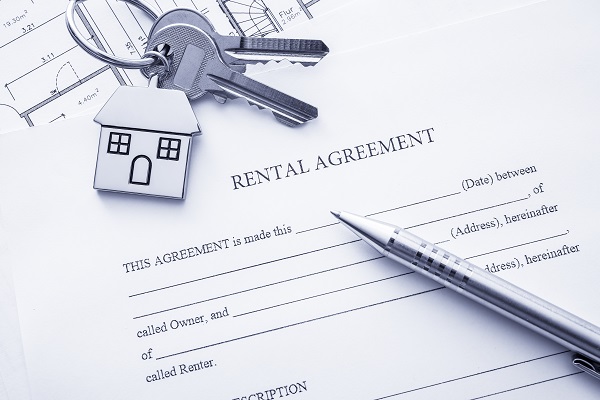
When negotiating a residential lease, there are certain matters to be sure you discuss with your landlord and expressly include in the lease agreement. Failure to address some of these issues before assuming your lease could lead to costly and inconvenient disputes in the future.
Security deposits. The amount to be given to the landlord as a security deposit is generally regulated by statute. However, disputes often arise as to when the landlord is entitled to retain the security deposit and whether the tenant caused damage to the premises that would justify the loss of the security deposit. California law allows the landlord to use the security deposit for four specific purposes, but some of these, such as repair for damages other than normal wear and tear, may be subject to differing interpretations.
Assignment and subleasing. Both parties should have a clear understanding about whether the lease permits assignments or subleases at a later date, and which party has primary responsibility under the lease (in the case of an assignment).
Damages to property. The damage and destruction clause of the lease should address a range of issues related to possible destruction of the premises. This includes the tenant’s rights in case of a major event such as a fire, the payment of insurance and the right to vacate the lease.
Payment of utilities. Responsibility for utility costs should be determined at the outset of the lease. Leases differ widely in addressing the payment of items such as utilities, cable and parking. In a building where a tenant’s gas or electric meter may also measure the gas or electric in common areas, the landlord must disclose that you will be using a shared meter and the parties must set forth in the lease how these shared costs will be allocated.
Terminating a lease. If you decide to break your lease, the landlord is entitled to collect rent from you through the remainder of the lease term. Some leases have a provision that allows the tenant to cancel the lease upon giving a certain period of notice, along with remitting a fee. It is important to consider whether a long term lease is appropriate given your current job, marital status and other circumstances, and whether you want to build flexibility into the lease if there is a reasonable chance that you would need to vacate early.
Contact Shane Coons at 949-333-0900 or visit his website at www.ShaneCoonsLaw.com to find out more about his practice.
